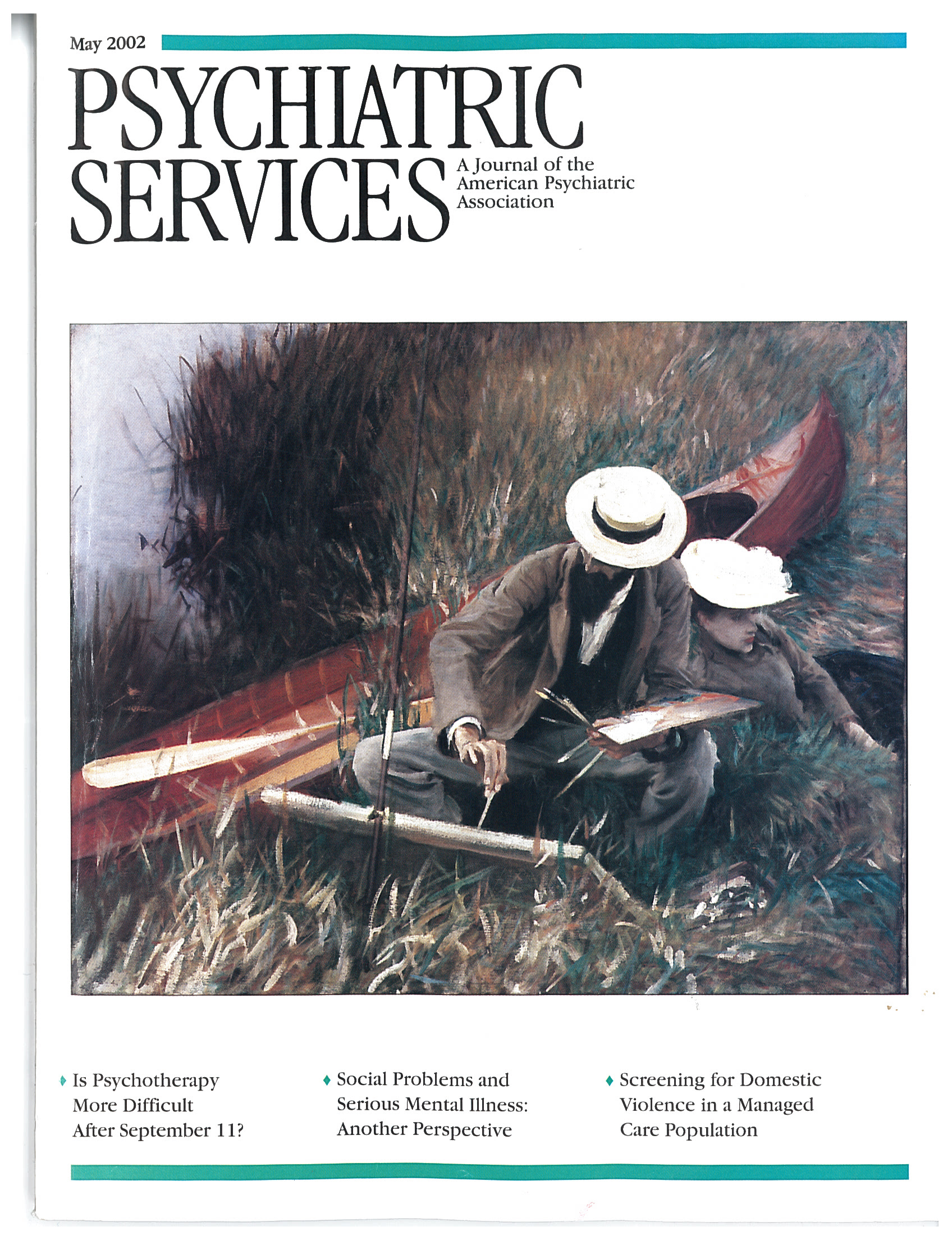To the Editor: One objective of the study by Marcia Valenstein and her colleagues, "Delays in Adopting Evidence-Based Dosages of Conventional Antipsychotics" (
1), was to upgrade the prescribing practices of American psychiatrists. The study involved the review of prescriptions for 936 veterans in 14 Veterans Affairs facilities. The authors concluded that dosages for 20 percent of the patients were below the recommended range and dosages for 28 percent were above it. Apparently the range was based on information from two sources, one published 13 years ago (
2) and the other 14 years ago (
3). I suspect that if the authors of these textbooks were quoted in full, they would have allowed variations above and below their recommended ranges, depending on age, plasma drug concentrations, and concurrent medications. In any event, it is hard to imagine that 48 percent of American psychiatrists are doing something wrong.
Patients selected for the study had been hospitalized for at least 150 days or had had five or more admissions during the previous year. One cannot but conclude that the experimental group consisted of patients who were doing poorly. Dosages below the recommended range were described as "suboptimal." Such dosages may have been for patients who had a history of adverse effects with conventional dosages. What is "suboptimal" for a group may be optimal for an individual. We cannot know whether this is true, because, as the authors acknowledge, their study was cross-sectional and did not include information about past drug trials.
Similarly, patients receiving higher dosages may have had a history of poor response to conventional dosages. Patients with multiple or lengthy hospitalizations may have had relatively intractable illnesses that respond poorly to conventional dosages. The implication of the study is that higher dosages are harmful, which may be true. However, the authors provided no information about the percentage of patients with illnesses that were thought to be intractable but who improved with higher dosages—or with dosages below the recommended range. Such patients were ineligible for the study because they did not have multiple or prolonged hospitalizations. The authors conclude that "a troubling proportion of patients were treated with high dosages—a practice for which there is little supporting evidence." What is really troubling is that the proportion of all patients treated with high dosages is unknown, because good responders were systematically excluded from the study.
The authors noted that younger patients and African-American patients received higher dosages. They did not address the problem of whether African Americans predominated in the younger group, which is important to know. Also, it is clear that geriatric patients constituted a large proportion of the lower-dosage group (36 percent). The authors did not acknowledge that lower dosages for elderly patients may be justified.
There is a larger issue involved with any study that implies that a majority or a substantial minority of American psychiatrists are doing something wrong when they prescribe medications. Psychopharmacology is not an exact science. Psychiatrists and other physicians are strongly influenced by positive results. They gravitate toward whatever dosage works. They tend to avoid any regimen that does not work. A question thus arises about whether the recommended ranges cited by Valenstein and her colleagues should be reconsidered in view of the practices of 48 percent of American psychiatrists. Perhaps someone should write an article entitled "Delays in Adopting Recommended Dosages of Conventional Antipsychotics on the Basis of Widespread Clinical Experience." To a certain extent that has been done in the Expert Consensus Guideline Series (
4).

